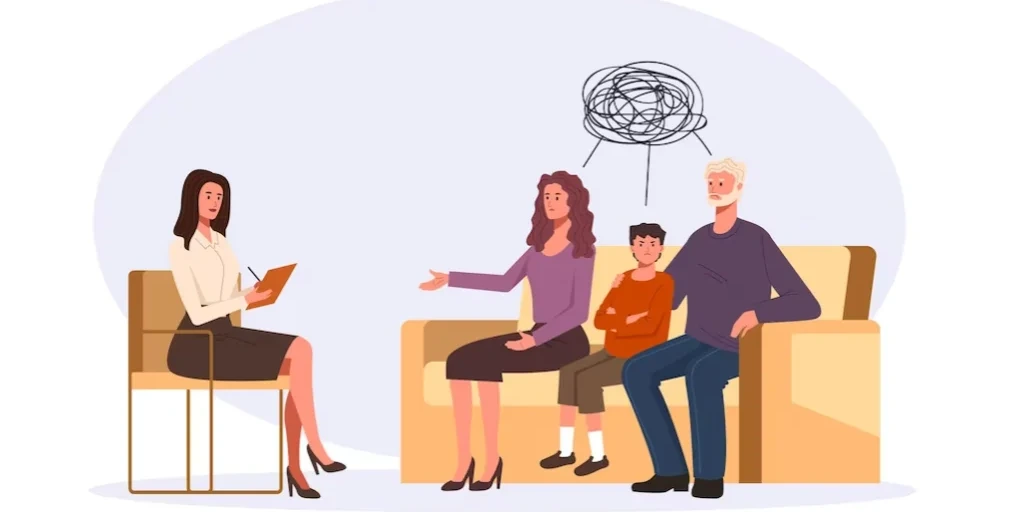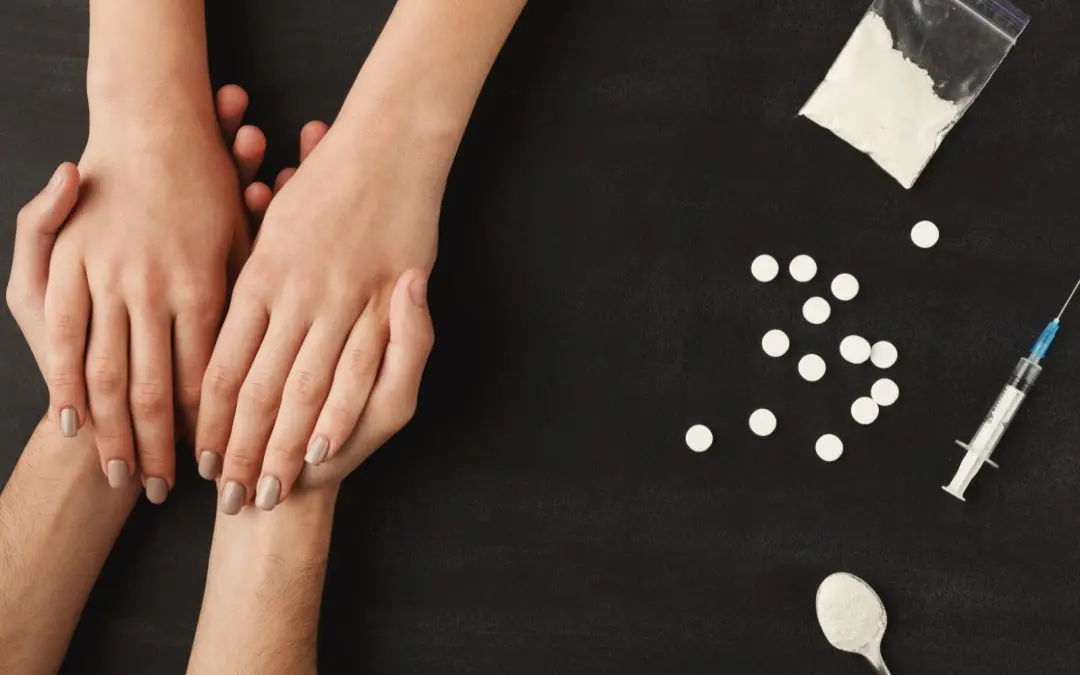24/7 Helpline:
(866) 899-221924/7 Helpline:
(866) 899-2219
Learn more about OCD Treatment centers in Dowagiac
OCD Treatment in Other Cities

Other Insurance Options

Premera

Access to Recovery (ATR) Voucher

Multiplan

Horizon Healthcare Service

Coventry Health Care

Health Partners

WellCare Health Plans

Lucent

Magellan Health

CareSource

Magellan
Beacon

United Health Care

Molina Healthcare

Excellus

Regence

Providence

UnitedHealth Group

ComPsych

BlueCross






Woodlands Behavioral Healthcare Network
Woodlands Behavioral Healthcare Network works with individuals, families, and the community to inspi...





















































































